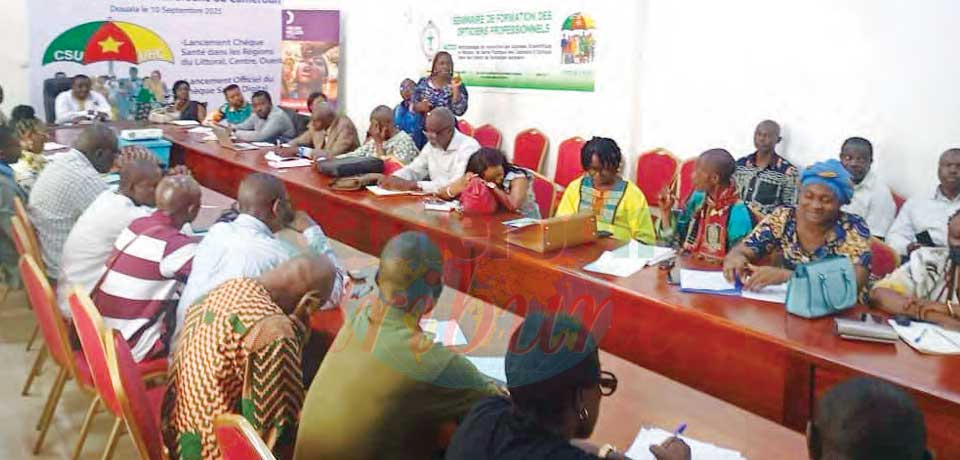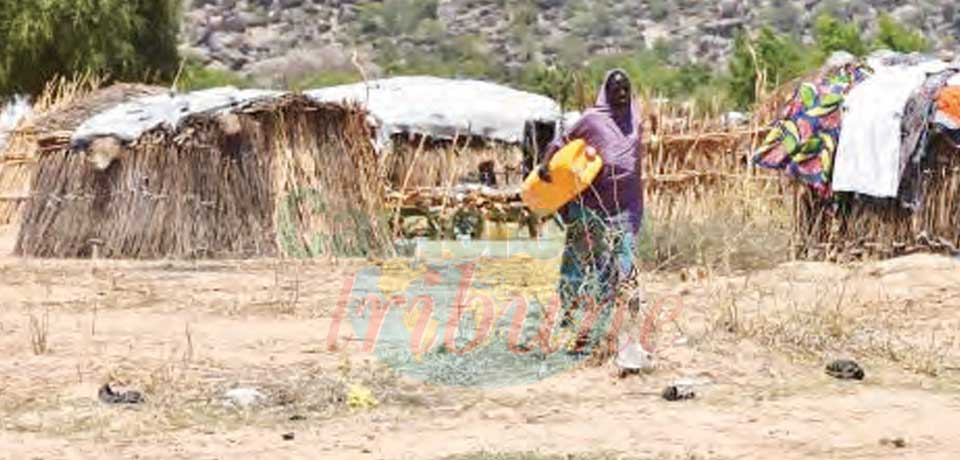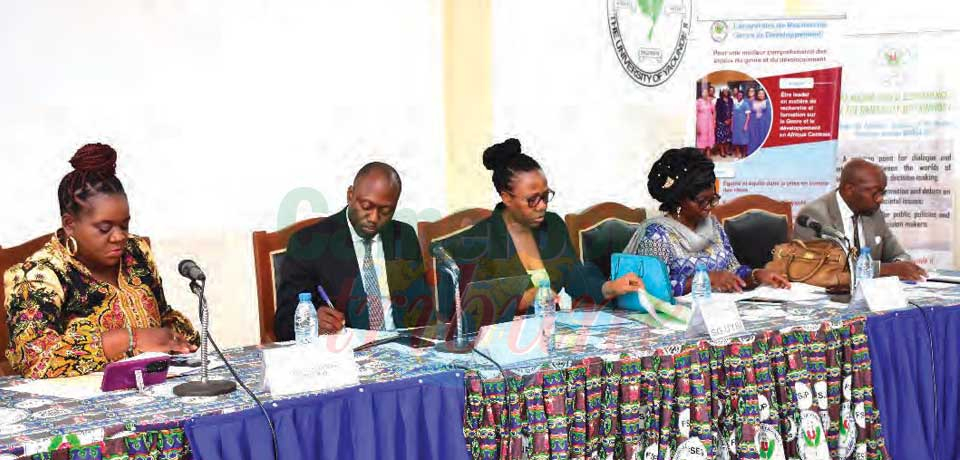Children Without Birth Certificates : Future In Jeopardy
- Par Brenda YUFEH
- 01 Feb 2024 11:29
- 0 Likes

In spite of measures taken by the government for each child to have the legal document, it is still a luxury to many children.
In Cameroon, for children to continue with their education after the primary level, they must present a birth certificate. Numerous measures taken by the government in collaboration with the World Bank under the Cameroon Education Reform Support Project (PAREC) to establish birth certificates for children, still leave children without the document which is a legal proof of their identity. As such, many risk dropping out of school, putting a major halt to their future.
Having a birth certificate is a fundamental right in the country. Statistics from the Ministry of Basic Education last year indicated that an estimated 76,000 final year pupils in primary school lacked the vital document needed to sit the First School Leaving Certificate (FSLC) or the Concours d’entrée en 6e. The Minister of Basic Education, Laurent Serge Etoundi Ngoa, says this acts as a factor for school dropouts, hindering the country from achieving 100 per cent primary education completion rate in its universal primary education goal. To remedy the situation, the Government, with support from the World Bank, committed to providing the children with birth certificates so that they can take part in this year’s end-of-year exams and also to continue their studies at the secondary level.
The disturbing number of children without the vital document is said to have risen between 2019 and 2023. This information was disclosed by the National Civil Status Registration Office, known by its French acronym, BUNEC. BUNEC further reveals that the continuous increase is largely due to the ignorance of parents to fulfil legal requirements for the civil document. Information from the Ministry of Territorial Administration also revealed that some parents see birth registration as an administrative formality and do not perceive the direct interest it has on a child. Reports from UNICEF also indicate that in seven years, the proportion of children under five whose births have been registered has remained virtually unchanged: 61 per cent in 2011 and 62 per cent in 2018. According to the Demographic Health Survey, conducted every four years, there are disparities between regions and between urban and rural areas. The situation is more serious in conflict areas, particularly in the Far North, South West, North West and East regions where there are large numbers of displaced persons and refug...
Cet article complet est réservé aux abonnés
Déjà abonné ? Identifiez-vous >
Accédez en illimité à Cameroon Tribune Digital à partir de 26250 FCFA
Je M'abonne1 minute suffit pour vous abonner à Cameroon Tribune Digital !
- Votre numéro spécial cameroon-tribune en version numérique
- Des encarts
- Des appels d'offres exclusives
- D'avant-première (accès 24h avant la publication)
- Des éditions consultables sur tous supports (smartphone, tablettes, PC)














Commentaires